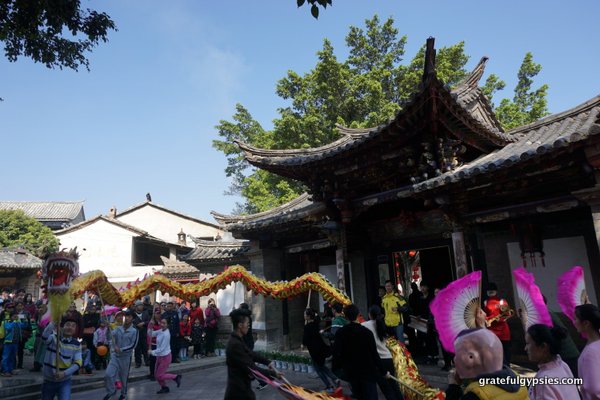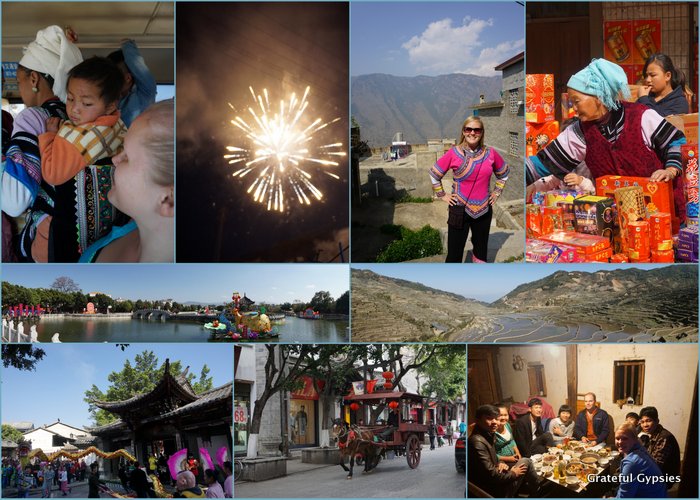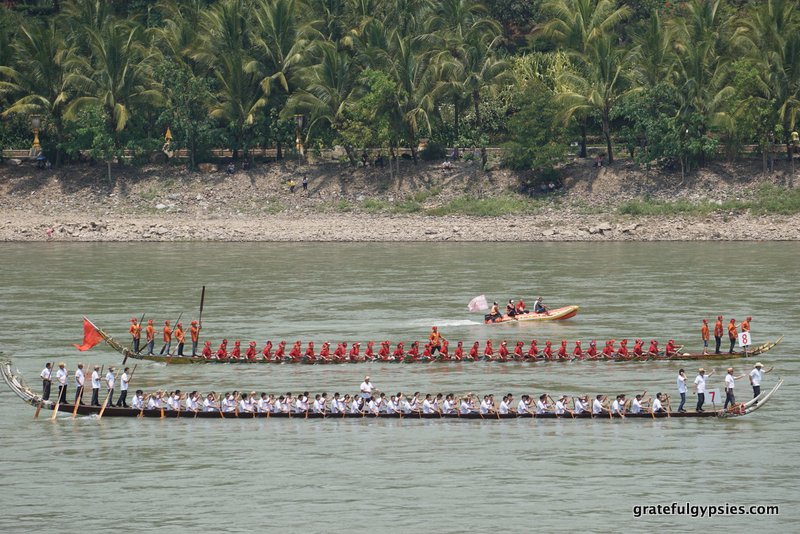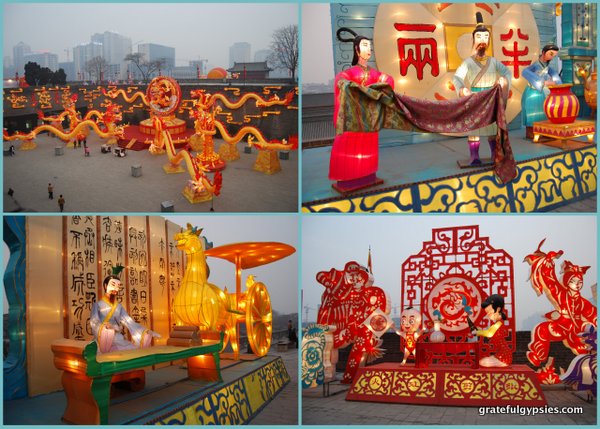China’s 2021 Holiday Calendar Posted by sasha on Jan 27, 2021 in Culture
What Chinese holidays are you familiar with? We’ve covered most of them here on the blog at some point. I’ve been fortunate enough to celebrate all the major Chinese holidays in my years of living in both Beijing and Kunming. There are many holidays in China – both public and unofficial – throughout the year. Here’s China’s 2021 holiday calendar along with links to relevant posts for those we’ve already covered in the past.
Public Holidays in China
China currently has seven public holidays. Some are the same day every year, while many are based on the traditional lunar calendar and thus change on a year-to-year basis. Here’s a table of the 2018 holidays with the date, Chinese name, pinyin, and English translation:
February 11
February 12
April 4
May 1
June 14
September 21
October 1
除夕
春节
清明节
劳动节
端午节
中秋节
国庆节
chú xì
chūn jié
qīng míng jié
láo dòng jié
duān wǔ jié
zhōng qiū jié
guó qìng jié
Spring Festival Eve
Spring Festival
Tomb Sweeping
Labor Day
Dragon Boat Festival
Mid-Autumn Festival
National Day
*Note: There are eight holidays listed in the table so you can learn the vocabulary for Spring Festival Eve, as it’s one of the most important days in China.
When it comes to holidays, nobody makes it as complicated as China. Most holidays are just one day, while the two biggest ones – Spring Festival and National Day – are three. These are both dubbed “Golden Weeks” (黄金周 – huáng jīn zhōu), as they are made into a 7-day holiday by having people work on one of the surrounding weekends. Thus, it’s not uncommon to work seven days in a row before having seven off. In the lead up to the holiday, airports, train stations, and roads are a clogged mess. Needless to say, the big holidays can be quite a stressful time in China.
Celebrating Spring Festival in a Chinese village.
Previously, Labor Day was also a Golden Week. The idea was that it would encourage tourism and holiday spending. It didn’t quite work out, though. In 2008 the government decided to cut it down to one day and add three new public holidays – the Tomb Sweeping, Dragon Boat, and Mid-Autumn festivals.
These are also turned into 3-day weekends, with people working an extra day or two to compensate for it depending on what day of the week the actual holiday falls. As you can see, holidays in China can be quite confusing.
Learn all about Dragon Boat Festival in this short videa.
Unofficial Holidays
There are also quite a few unofficial holidays in China. There are too many to mention them all – I’m probably not even aware of a lot of them – but here are some of the most well-known:
March 8
June 1
August 1
August 14
August 22
November 11
国际妇女节
儿童节
建军节
七夕节
中元节
光棍节
guó jì fù nǚ jié
ér tóng jié
jiàn jūn jié
qī xì jié
zhōng yuán jié
guāng gùn jié
The Qixi Festival is also known as Chinese Valentine’s Day, with flowers, chocolates, and all. However, the history of the holiday is much more than a simple box of chocolates. Learn about the old story and some of the modern day customs in this short video.
Now you’re all set for 2021 and all of the fun, confusing Chinese holidays that the year brings! The Spring Festival is fast approaching, and it will be a much different one this year. It’s usually an insanely busy time for travel, but due to the ongoing pandemic most people will be staying put this year. Let’s hope that everyone still has a safe and Happy Chinese New Year. I for one am excited to enter the Year of the Ox again as it’s my year!

Build vocabulary, practice pronunciation, and more with Transparent Language Online. Available anytime, anywhere, on any device.








Comments:
Rebecca Wang:
You and your wife are living my dream life!
You are observing so much beauty in this world